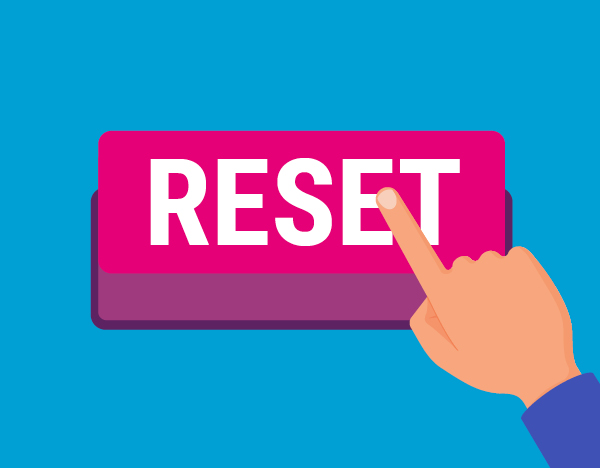Having your position made redundant can leave you wondering – what do I do now? We asked a career coach for the best advice on the next steps you could take.
Research for SEEK shows 22% of people have faced their role being made redundant at some point. For most people, the initial wave of emotion that follows a redundancy can be pretty overwhelming, says Karen Thomas, Co-Founder and Director of Transition Hub. “Shock, anxiety and fear are often the immediate reactions, which are typically followed by a loss of confidence and sense of identity,” she says.
But redundancy can also be a time of opportunity – a chance to take stock, consider what you really want from work, or pursue something entirely new.
Here are some tips on how to handle the period following redundancy, and the positive steps you can take to move forward through this time.
1. Get a clear picture of your finances
A key reason many feel the fear after a redundancy notice is not knowing when their next pay cheque is coming, or from where. If you don’t already have a detailed budget, it’s a good time to put pen to paper. You can also check in with Work and Income to see if you’re entitled to any support payments.
2. Consider temporary work
Some people might make a quick step from one job to the next after a redundancy. But for those looking to explore options, or people working in industries that are slow to find work in, a temporary gig such as a short-term contract could be the answer.
A temporary job can be great for buying you breathing space, and it also offers structure to your week, which can be important when it comes to staying motivated.
3. Take stock
Think about what you loved and loathed about your last position, so you can move forward with a clear vision of what you do and don’t want your next job to look like.
Take the chance to review your role and industry, too. This doesn’t have to mean finding a whole new industry, it may just mean a sideways shift, or finding a job that offers similar tasks, or addresses a similar interest for you, in a more ‘future proof’ position.
4. Consider a career change if you’re not happy
If you’ve found yourself in work you feel less than passionately about, redundancy can be an opportunity to reassess your career.
It could provide the momentum to ‘pivot’ to a new role, industry or working environment – or pursue a career in a completely different field.
Meeting with a career coach can help you get an understanding of what a new industry or role may involve. It can also help ensure your expectations are aligned with reality – and figure out if there are any other potential options available.
5. Find opportunities to upskill
If possible, seek out training opportunities to strengthen gaps in your skill set or help you transition to a new field or role. There are plenty of online and short courses across a broad range of fields, Thomas says. Look for industry-recognised training providers before you invest your time and money.
6. Stay connected
Feeling connected and part of a community is critical to navigating a career transition well, Thomas says. Redundancy can be a time when we struggle to stay positive, and isolation can be the enemy of good mental health, she explains. Ensure you make time every week to stay in touch with people who lift your mood – bonus points if they can talk shop and career opportunities with you!
7. Practice how you’ll address your redundancy in future interviews
Redundancies are increasingly common, and unlike a dismissal, they’re about the company’s changing needs and not your performance. That said, it can sometimes feel hard not to take a redundancy personally.
It’s equally important to reframe how you talk about your redundancy to yourself and others – something worth practicing before you start interviewing for work, Thomas says. “Be open, honest and position your redundancy within the context of organisational changes and restructuring to alleviate any concern of under-performance,” she says.
Thomas says it’s time we remove any social stigma that surrounds redundancy and embrace transition as a critical part of organisational and personal renewal. It’s worth noting that 94% of hirers said that a candidate going through redundancy in a previous role wasn’t a negative – either not influencing their decision when hiring the person (65%) or making them more likely to hire the person (29%).
There’s no doubt redundancy can be difficult to go through. But the flipside of this challenging period is that it can provide an opportunity to explore your career options in a way you might not have done otherwise. Focus on taking care of yourself, and when you’re ready, channel your energy into pursuing what you want to do next – whether that’s a similar kind of work, or something totally new.
Independent research conducted by Nature of behalf of SEEK, interviewing 4000 Kiwis annually. Published May 2023.



